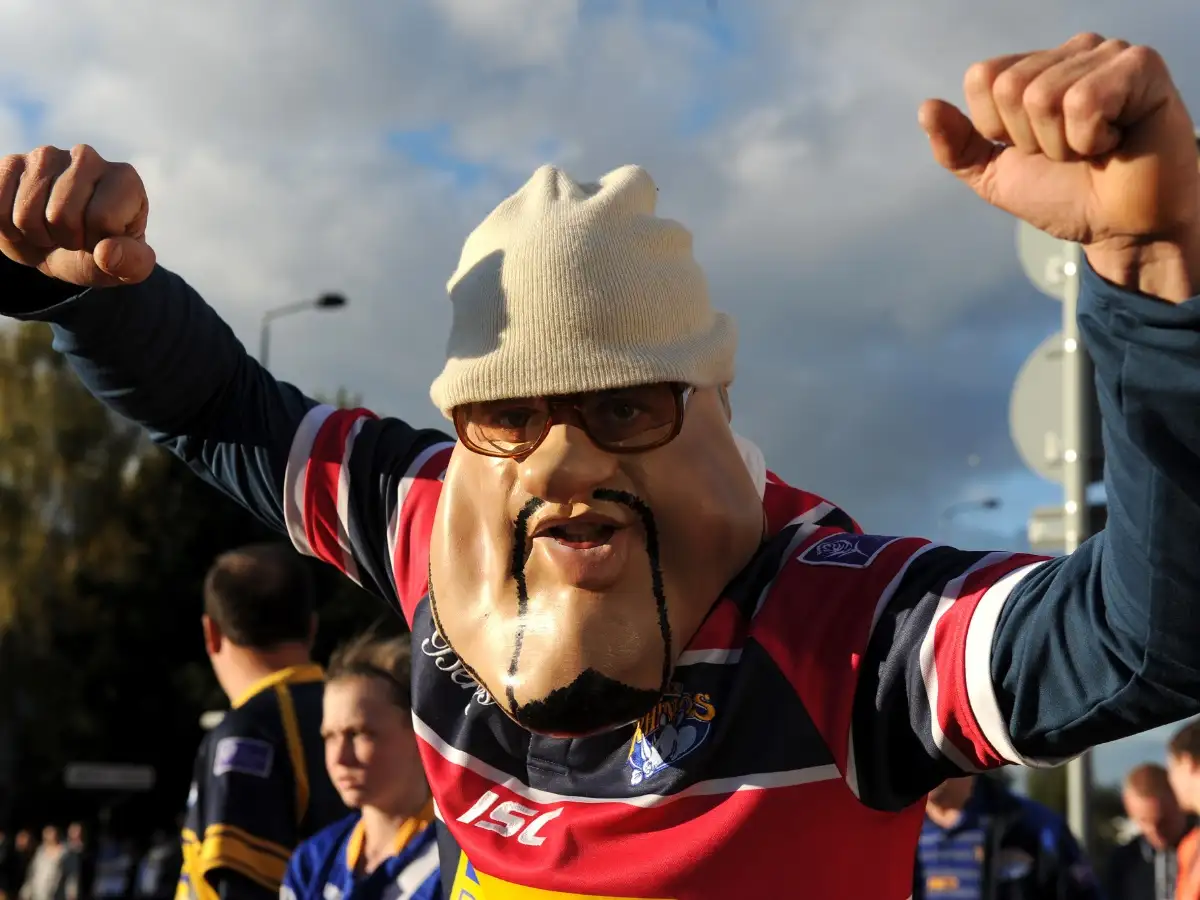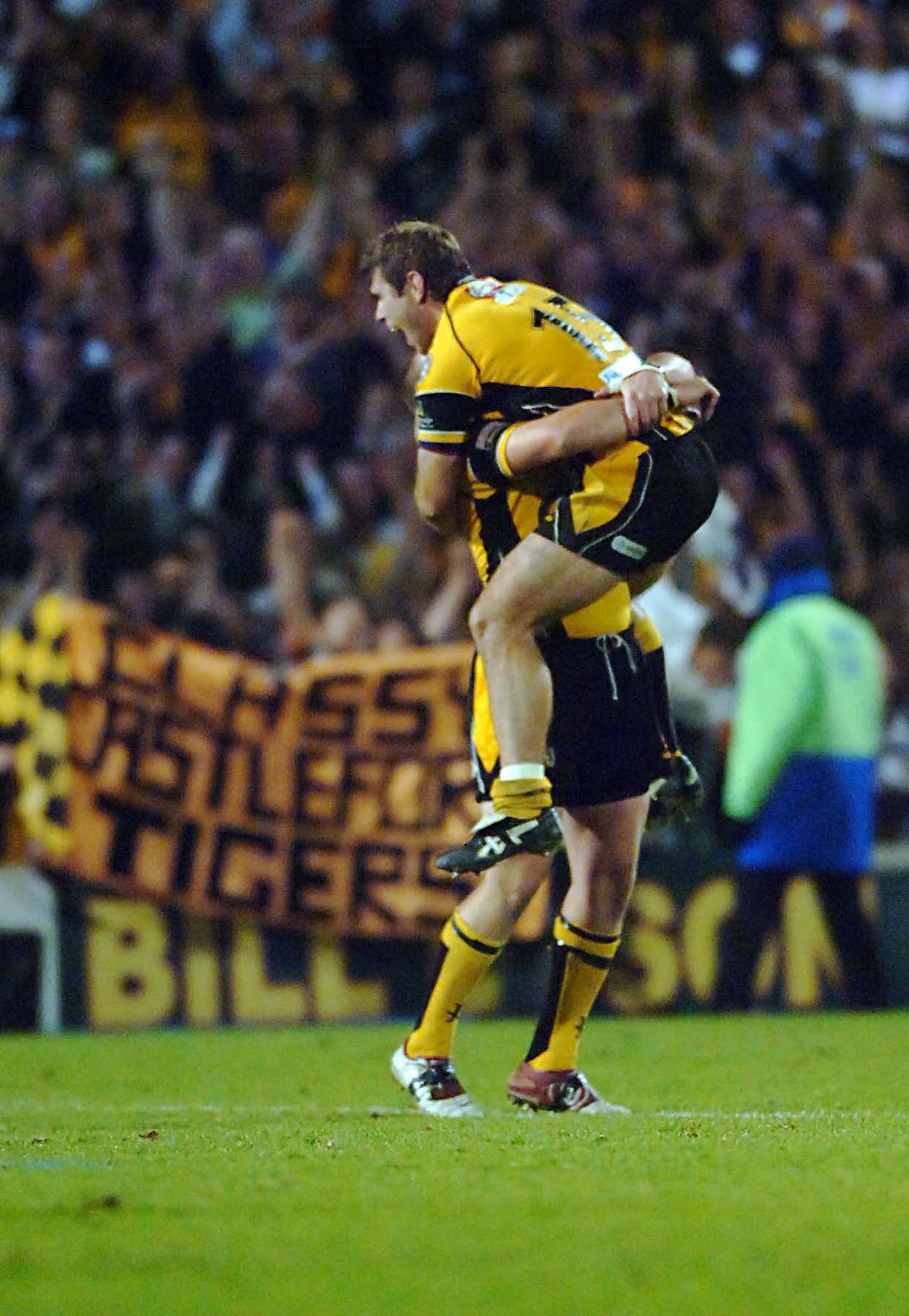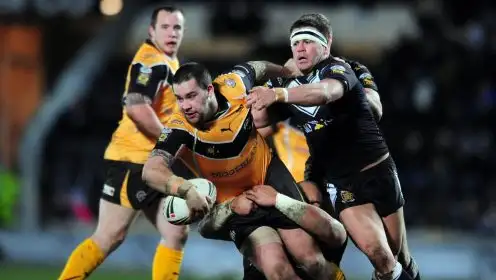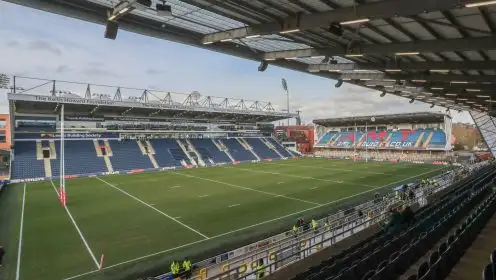Can I have a rewind? Rugby league’s lost decade

The return of the reserves set-up is the latest in a line of changes that are taking rugby league back to where it should be.
One of the most popular articles we’ve ever run on the site was this one – has rugby league moved forward since 2004?
It’s huffed and puffed in the 15 years since, seen countless structure and competition changes, club’s in trouble all the while the footprint of the game hasn’t really increased.
In the past 12 months, we have seen:
The return of automatic promotion and relegation
After four years of the complicated Super 8s format, it was scrapped at the end of 2018 in favour of a return of automatic promotion and relegation, with the bottom side of Super League going straight down to be replaced by the Championship Grand Final winners. Prior to this season, 2007 was the last year a team was relegated (Salford) and replaced by the champions from the league below (Castleford).
The return of the reserves set-up
It has been a topic of conversation for many years, and there have been very few people who don’t agree with it – so why it’s taken this long for a mandatory reserves system to be brought back is strange. But back it is, and rugby league will surely be better off for it come 2020.
The return of Great Britain
When Great Britain was scrapped in 2007, it was arguably closer than ever to knocking Australia off their perch. A win in Sydney in the 2006 Tri Nations was followed by a comprehensive series victory over New Zealand in 2007 – the year before the Kiwis would go on to win the 2008 World Cup. There’s all sorts of political and funding reasons for why England and the other home nations must play, but the Great Britain brand has always been a feather in the cap of rugby league and it has wasted more than a decade without it. It’s good to see it back.
The return of the lower league cup
The 1895 Cup has copped for criticism this season due to the format, and the moans about playing the final after the Challenge Cup final at Wembley, but what is effectively a successor to the Northern Rail Cup is much welcomed. For clubs that don’t hold much hope of promotion, but are more than capable of beating anyone on their day, a feasible piece of silverware to aim for is welcomed. Just ask Batley fans in 2010. The Northern Rail Cup final in Blackpool was a great day for lower league fans, and it’s a shame that the competition was discarded without second thought when the Super 8s was introduced.
As rugby league seeks to undo the needless damage done in the past decade, here are a few other things that could be reversed back to how they were:
Neutral Grand Final venue for the Championship
It’s quite frankly absurd that this season’s Championship Grand Final won’t be played at a neutral venue, but it is not surprising given some of the decision making of recent years. The last meaningful Grand Final with promotion riding on it was played to more than 20,000 fans at Headingley.

A more realistic Championship salary cap
The Championship salary cap was increased under apparent pressure from Leigh during the Super 8s era to enable clubs in the lower league to compete with their Super League counterparts. It has remained at the same level as the top flight this season, with Toronto the only club operating anywhere near to it. Once the Wolfpack have progressed upwards, then perhaps the Championship salary cap should return to a more realistic and competitive level to protect clubs moving forward.
Winter rugby for the community game?
Not sure about this one, and it may be a mere coincidence, but participation numbers have declined since the bulk of the community game followed the professional game in moving to summer. The various distractions and other activities of summer have been blamed, as well as the fact pre-season starting in the middle of winter isn’t attractive to players new and old.
A better environment for organic expansion sides
While Toronto and Toulouse may have the finances for an accelerated journey up the leagues, there are other expansion outposts looking to do things more organically, like West Wales and Coventry. These clubs find themselves at risk due to the uncertainty over League 1, while as Nottingham Outlaws have found, playing in the Yorkshire amateur league presents challenges over teams’ reluctance to travel. The old National League 3 was a happy medium – ambitious amateur clubs wanting to play in summer against expansion clubs looking to establish themselves without getting hammered every week. Could be dependent on the amateur game switching back to winter, though.
Look back at where rugby league was at in 2004 and ask yourself how much resource and time has been wasted on nonsense, rather than growing the commercial and broadcast reach of the game.



